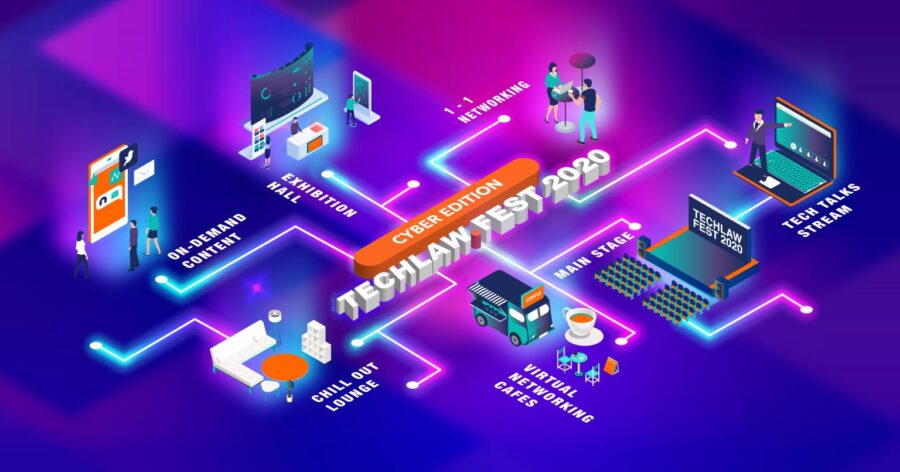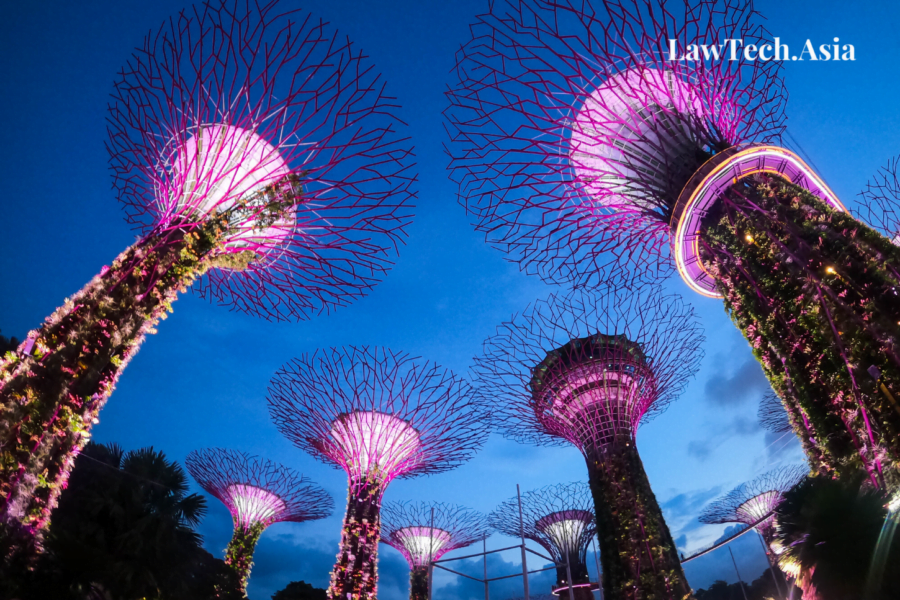By Josh Lee | Edited by Elizaveta Shesterneva
Supported by: Lenon Ong, Utsav Rakshit, Benjamin Peck, Ong Chin Ngee, Tristan Koh
“In a year when a certain pesky virus turned the world upside down, how can a conference engage, encapsulate and elaborate upon all of the disruption seen in one year?”
This must have been the key question on the minds of the planners of TechLaw.Fest 2020, as they went about organising Asia’s largest law and technology conference. What followed was a signature conference held with a virtually (pun intended) uniquely signature.
In this article, LawTech.Asia will take our readers on a quick recap of TechLaw.Fest 2020, as we look forward to another exciting edition of TechLaw.Fest in 2021. LawTech.Asia is grateful for our ongoing strategic media partnership with the Singapore Academy of Law (“SAL”), and for the opportunity to be a media partner for TechLaw.Fest once again.





